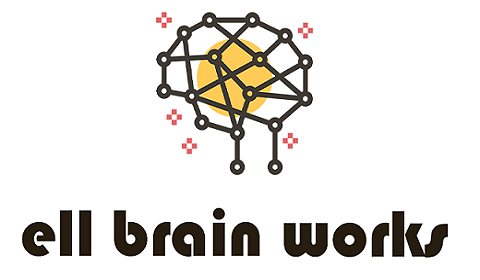Currently, more and more diagnostic tests are used in all areas of Medicine. Scientific and technological advances have allowed the evolution of diagnoses of all diseases. Among the most used and practical tests to detect pathologies is magnetic resonance imaging MRI NMR.
MRI AS A DIAGNOSTIC TEST
An MRI is a diagnostic imaging test. This means that it is a test performed to obtain clear images of different parts of the patient’s body. An MRI uses powerful radio waves with specific magnets to create pictures of the body.
Thus, it is a test that uses an electromagnetic field to visualise the human body’s interior. An MRI can study, analyse and visualise organs, bones, muscles, joints, veins, arteries and brain tissue. It is a compelling test that offers precious information about the health status of patients.
Among its benefits is that it is a test:
- non-invasive
- painless
- It does not use x-rays.
- Quick.
Magnetic resonance imaging is a straightforward test to perform in a short time since, in a maximum of 30 minutes, the patient will be able to resume their daily activities. In addition, it is a safe test that does not cause pain or discomfort and does not use X-rays.
The only contraindication for carrying out this test is that the patient carries metallic objects in his body. This means that a patient with metal prostheses, heart valves or pacemakers will not be able to undergo an MRI unless their doctor has explicitly requested it and the appropriate measures are taken. In these cases, the professionals carrying out the test should always be notified in advance.
A CENTER SPECIALISING IN MAGNETIC RESONANCE IMAGING IN THE CANARY ISLANDS
Many medical specialists require this type of test to make an accurate and specific diagnosis. For this reason, multiple medical centres perform MRIs. However, before going to one of these centres, the main thing is to ensure that they guarantee safety and approval. The latter can be readily ascertained by knowing the health regulations in force for these establishments.
Usually, a quality centre has these standards visually available to patients. If you do not have it, it is necessary to request it to ensure it is a suitable health centre.
A tResonancess Canarias ( RESOCAN ), we have the latest technological equipment to carry out magnetic resonance imaging of all kinds. Thus, as a centre specialising solely and exclusively in these diagnostic tests, we offer our patients the most excellent comfort for carrying out the tests and obtaining the results. HOW IS AN MRI PERFORMED?
Magnetic resonance imaging (MRI) is also called magnetic resonance imaging (MRI) because it uses the energy of an electromagnetic field to obtain images of body tissues, whether bone or soft tissue.
Despite what many people think, “nuclear” does not mean anything negative. This term is simply used because it defends the physical phenomenon that occurs in the electromagnetic field based on the quantum-mechanical properties of the nuclei of atoms.
It is a very safe test, practically risk-free, painless and non-invasive. So much so that the results of these tests are so helpful in the field of Medicine that the inventors of this technique were awarded the Nobel Prize.
DOES AN MRI WORK
The procedure for an MRI is straightforward. The patient must go to the centre completely fasting for at least two hours without consuming anything. When already in the room, the patient is lying on the stretcher; depending on the area to be analysed, they can remain face up or face down. Usually, the performance of the test does not exceed 30 minutes, and, on occasion, it can last 20 minutes.
As it is a non-invasive and simple test, it is very comfortable for the patient because they do not suffer any discomfort or pain. All you have to do is remain calm during the process so that the images of the technique are as sharp and straightforward as possible.
After performing the test, the patient can return to everyday life without problems or discomfort. MRI does not have any side effects. The only drawback is that no patient with metal devices inside can perform this test. This test is contraindicated in patients with pacemakers, metal plates, valves or prostheses.
THE PATHOLOGIES THAT THIS IMAGING TEST CAN DETECT
Many pathologies can be diagnosed through an MRI. In general terms, this test is especially indicated in cases of:
- Study and diagnosis of the central nervous system.
- Analysis and diagnosis of the breast.
- Analysis and diagnosis of the abdomen.
- Examination and diagnosis of musculoskeletal injuries.
AtResonancess Canarias ( RESOCAN ), we are at the forefront of magnetic resonance equipment. We have the latest and most efficient technology currently on the market for performing MRIs with the highest resolution.

